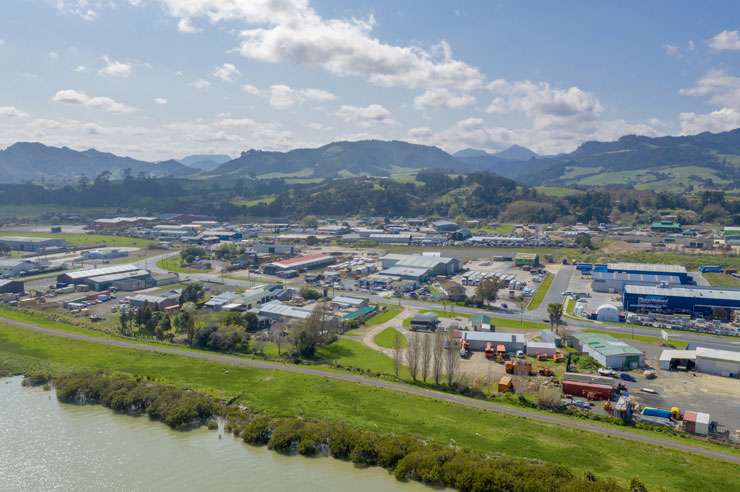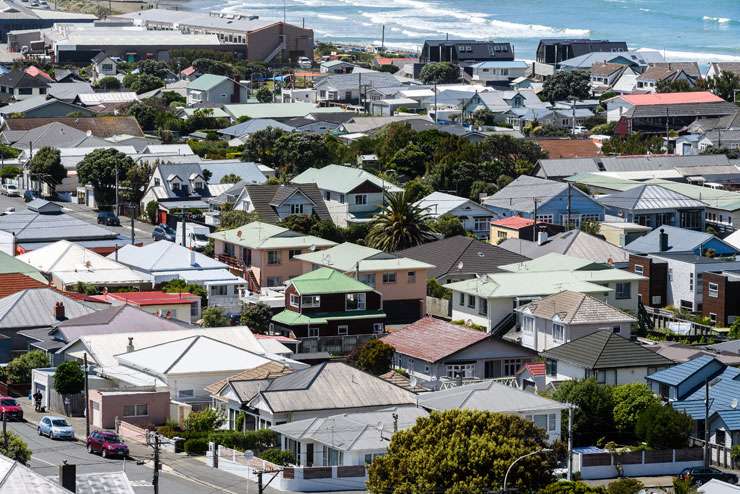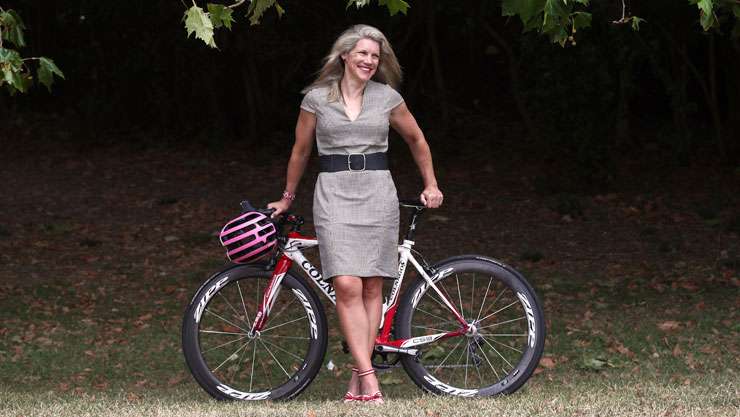The cost of renting is eating away at first home buyer deposits in some parts of the country, new data analysis shows.
And the rent Kiwis pay is tipped to soar even higher over the next decade, making the pain for buyers worse.
Comparison of rental and house prices by Dot Loves Data shows that buying a home is fast becoming a pipe dream for many New Zealanders, while new OneRoof figures highlight how much extra Kiwis now need to save for a deposit as result of the property boom.
The Dot Loves Data analysis shows that rental affordability is at its worst in low income areas of New Zealand.
Start your property search
“In Horowhenua, residents will pay a sizeable 40% of their income on rent, while the move of Aucklanders to outlying provinces such as Thames-Coromandel and Kaipara means residents of both areas will pay 37% of their income on rent,” said Dot Loves Data government director Justin Lester.
Lester said the most affordable rental accommodation was in Southland District, where tenants pay on average 19% of their income on rent. Also scoring high on affordability was Mackenzie District, where tenants pay 20% of their income is on rents, and Selwyn, where rents commanded 21% of income.
“Nationally rental costs have surged by 26% over the past five years, and in Wellington and Auckland the increase has been as high as 33%, outpacing salary or wage inflation and eating into the savings of budding first time home owners,” Lester said.

Houses in Kopu in Thames-Coromandel. The region has a high rent-to-income ratio. Photo / Getty Images
Auckland and Porirua had the highest rent-to-income ratios of the major urban centres, with tenants in both paying on average 28% of their income on rent. While the analysis found that rental prices in Wellington were higher than in Auckland, incomes in the capital were higher too, meaning that tenants there were only paying 24% of their income on rent.
Lester said that home-ownership levels in New Zealand had fallen from a peak 74% in 1991 to 64.5% in 2018, and he predicted that levels would fall below 60% over the next few years based on the current disparity between house prices and wage levels.

Rents in Wellington were higher than those in Auckland but tenants in the capital are on higher incomes. Photo / Getty Images
Research by OneRoof shows that first home buyers also face steeper deposit requirements as a result of the boom in house prices. The country’s average property value jumped 27% to $1m in the 12 months to the start of October. That means a typical buyer would have to stump up $200,000 for a 20% deposit - $42,000 more than they would have needed a year ago.
Auckland buyers faced the steepest deposit climb - $283,000, up $56,400 on a year ago, thanks to the average property value in the region hitting $1.415m. Buyers in Greater Wellington were next hardest hit, with a typical 20% deposit in the region sitting at $209,800, up $52,400 on October last year.
The cheapest region for property is West Coast, where a 22.6% lift in the average property value over the last 12 months to $353,000 means buyers require a deposit of $70,600, up just $13,000 on October 2020.
At a TA level, the boom has hit buyers in Auckland's central suburbs the hardest: the average property value of $1.627m translates to a 20% deposit of $325,400 - $62,600 more than buyers faced in October 2020.
Buyers in Queenstown faced similar pressures, with the 12-month lift in the average property value to $1.598m adding another $61,200 to the amount needed for a 20% deposit. The extra deposit required for a house in Tauranga worked out to be $55,800, while in Wellington it was $55,800. In Hamilton, buyers need to stump up an extra $36,800 to keep up with house price inflation.
Christchurch savers were a better position, with the boom adding $36,800 to their deposit, but buyers in Dunedin were least affected by the boom, with the 20% rise in the city's average property value adding just $23,400 to the amount required for a deposit.
Renters who think they’re paying too much now to save a deposit and become first home buyers could be in for a nasty surprise as landlords look to hike rents to recoup growing costs from house price increases and additional tax.

Barfoot & Thompson director Kiri Barfoot says first homes are still a dominant part of the Auckland property market. Photo / Fiona Goodall
It’s already happening to those renting, according to CoreLogic head of research Nick Goodall, who cites the 3.9% lift in Statistics New Zealand’s rental price index last month. “That is a significant jump and is probably the first real sign of landlords potentially passing on increased costs through in rents,” Goodall said, adding that annual figure was 7.8%.
Professor Graham Squires, of Massey University’s School of Economics and Finance, said rents were unlikely to fall. “There is a relationship between house price affordability and rental price affordability,” he said.
Squires predicts that rents may follow a similar exponential curve upwards in the way house prices have, over the next decade, making it harder for first home buyers. Just a little later.
“We need to carefully consider whether rent will now follow a more exponential trajectory given what the house price market has seen that over the last 10 years,” he said.
In simple terms, the more investors paid for a property the higher the rent they needed to charge to cover their costs and get an acceptable yield on the money they had invested.
Century 21 chief executive Tim Kearins believes that the interest deductibility changes that kicked in on October 1 have made investment in existing homes less profitable and will put pressure on rental prices.
“Rising rents are not just the property sector’s prediction, but Inland Revenue’s – arguably the one organisation that’s got the most to gain,” he said.

Professor Graham Squires says worsening housing affordability is taking a toll on Kiwis. Photo / Supplied
Not everyone agrees that buying a home is impossible. Barfoot & Thompson director Kiri Barfoot said of the agency’s 380 sales two weeks ago, almost 100 went to first home buyers.
“When people are looking to save money for a house, probably, the rent. Rent is probably one of the biggest costs right so they've probably got to look at how they can reduce the amount of rent they're spending so they can redirect some of that into savings for deposits,” she said.
In Auckland, that may mean that a couple doesn’t need to rent a three bedroom home. Or someone renting in Parnell, could move to a cheaper central Auckland apartment. Or simply move back in with parents while saving for a deposit. Although rents have risen this year, that may only equate to $20 more on a $600 rent, said Barfoot.
Harcourts managing director Bryan Thomson makes the point that it has always been hard to buy a house in every generation. “If you go back in history it wouldn't matter with you 30s 40s 50s 60s 70s 80s or 90s, or sooner. It's always been really hard to make the move from renting to buy,” he said.
“I don't think the challenges, any harder now than they have been in the past. The reality is it's the mental challenge of price levels that we have and the amount of borrowing people are taking to get on the ladder.
“If you take the emotion out of it and look at the facts, it's cheaper now for you to pay your mortgage than what it is to rent. So the challenge is to get the deposit together.”
Squires said that an equally big question in the bigger picture of house prices was the public and social cost of young people being forced to stay home longer than both they and their parents want. “It’s a psychological burden,” he said.
“When you look at the bigger economic picture there are a lot of social costs that are starting to feed into the picture now.”


















































































